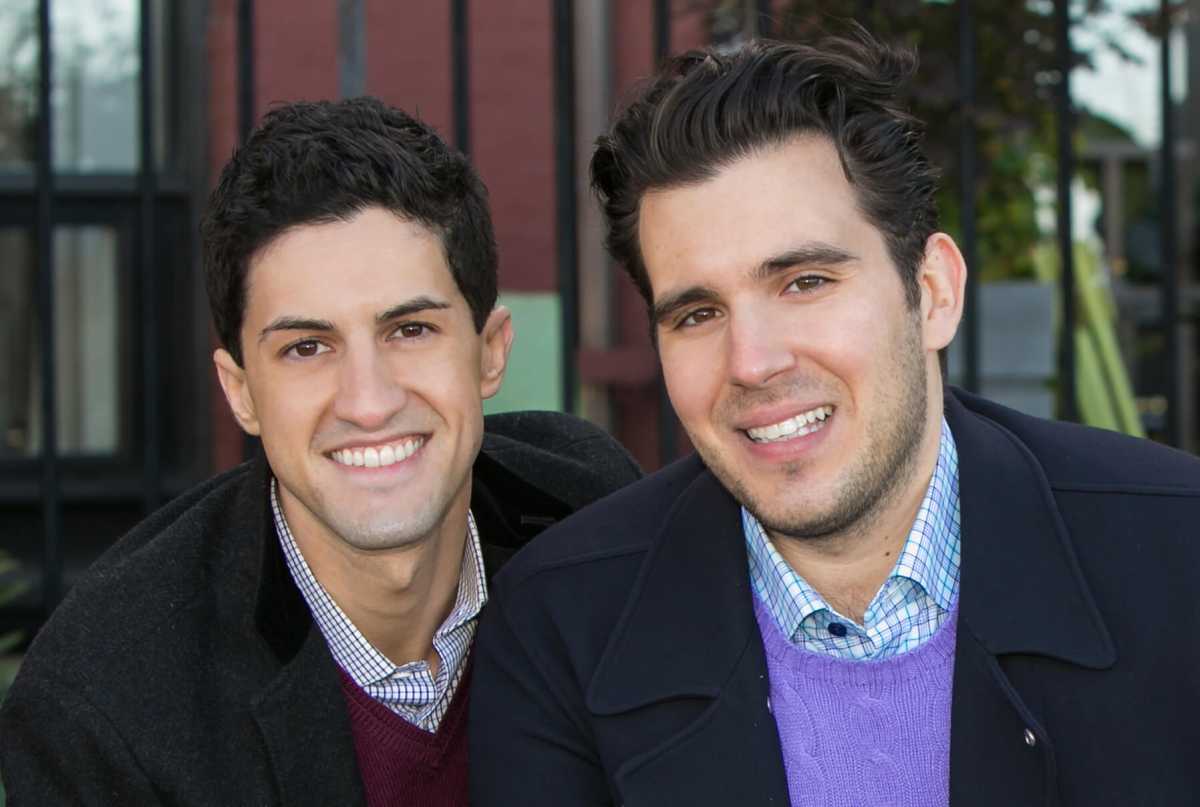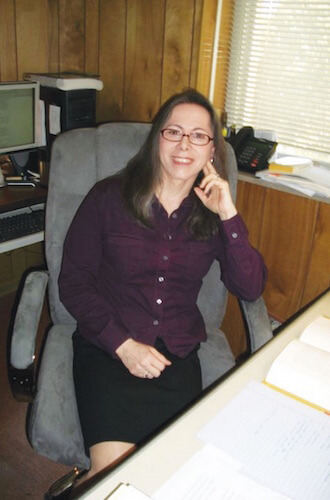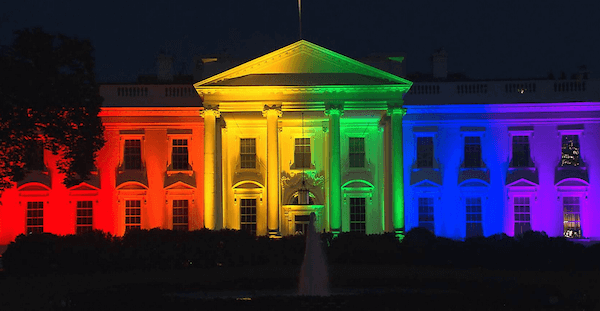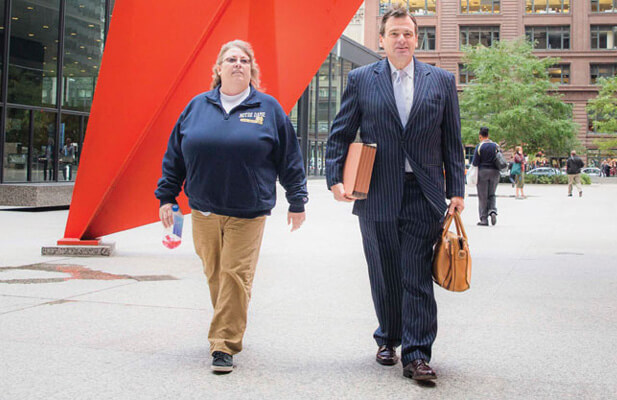A gay couple is taking legal action against the City of New York after they said they faced discrimination on the basis of sexual orientation when their city-based health insurance plan rejected their bid to have a child through in vitro fertilization (IVF).
Corey Briskin and Nicholas Maggipinto, who met in law school more than a decade ago and were married in 2016, sought IVF services through Briskin’s city-based health insurance when he was working for the Manhattan district attorney’s office. When they attempted to receive IVF services, however, they learned that the coverage was not applied evenly to gay men.
“We intended to take care of the process through IVF and we learned our insurance plan would not cover the benefits for us because we didn’t satisfy the definition of infertility,” Briskin told Gay City News.
The couple’s health insurance plan stipulated that IVF would only be covered for those unable to conceive after 12 months of “unprotected intercourse,” and women without a male partner would be considered infertile if they are unsuccessful after attempting a dozen cycles of intrauterine insemination. That would make it possible for straight couples or lesbians to become eligible, but not gay men.
Briskin and Maggipinto repeatedly encountered roadblocks in their attempts to resolve the issue, prompting them to file a class-action discrimination complaint with the Equal Employment Opportunity Commission (EEOC).
“We are frankly surprised that nobody has brought this issue to the fore before us,” Maggipinto said. “The only reason we can think of is nobody has been able to navigate the system or has had the wherewithal or resources, feared retaliation, or didn’t want publicity.”
Briskin and Maggipinto, both equipped with a background in law, understood that anti-discrimination laws in New York — and the Bostock v. Clayton County Supreme Court ruling in 2020 — should have prevented such barriers to coverage. Moreover, such hurdles seemed inconsistent with efforts at the state level to make it easier for LGBTQ families to have children, including the legalization of gestational surrogacy as well as a 2021 directive by the New York State Department of Financial Services telling insurers to “provide immediate coverage of diagnostic and treatment services… for the diagnosis and treatment of infertility (‘basic infertility treatments’) for individuals who are unable to conceive due to their sexual orientation or gender identity and are covered under individual, small group, and large group health insurance policies and contracts.”
The couple’s complaint outlines their unsuccessful efforts to receive coverage under the plan. In June of last year, Briskin reached out to the city’s Office of Labor Relations seeking coverage for IVF services, but the office told the couple they were not eligible and subsequently denied their request. The following month, Briskin said he reached out to the New York City Corporation Counsel to complain about the rejection and to ask if the policy could be changed to align with anti-discrimination laws, but the couple was denied yet again.
“We think this case is simple,” the couple’s attorney, Peter Romer-Friedman, said in a phone call with Gay City News. “We’re pretty shocked that the City of New York, when we approached them, refused to change the policy.”
During a joint interview with Gay City News, Briskin and Maggipinto made a point to say that they would be unable to afford the exorbitant out-of-pocket costs to pursue IVF services without the health insurance coverage. Briskin said his work as a public servant only paid “a fraction” of many other attorneys who graduated the same year he did, making the insurance coverage a critical factor in their overall family planning goals.
While the couple hopes the complaint will pave the way for them to build a family, they say they are pursuing a class action approach because they want other gay couples in similar situations to benefit from any potential positive outcome.
“We’re very encouraged by the number of people who we know and don’t know who have expressed their support for the cause,” Maggipinto explained. “Also, people who we don’t know who are not even necessarily city employees have told us their stories and hope that our story results in a broader change that can help more people more generally.”
When asked about the policy, the Adams administration vowed to take a look at the complaint and denied that the city’s health coverage discriminates against queer couples.
“The Adams administration proudly supports the rights of LGBTQ+ New Yorkers to access the health care they need,” a City Hall spokesperson said in a written statement. “New York City has been a leader in offering IVF treatments for any city employee or dependent covered by the city’s health plan who has shown proof of infertility, and our policies treat all people covered under the program equally, regardless of gender identity or sexual orientation. The city will review the details of the complaint.”
As for their message for the city, Maggipinto was succinct: “The city knows what it needs to do.”



































